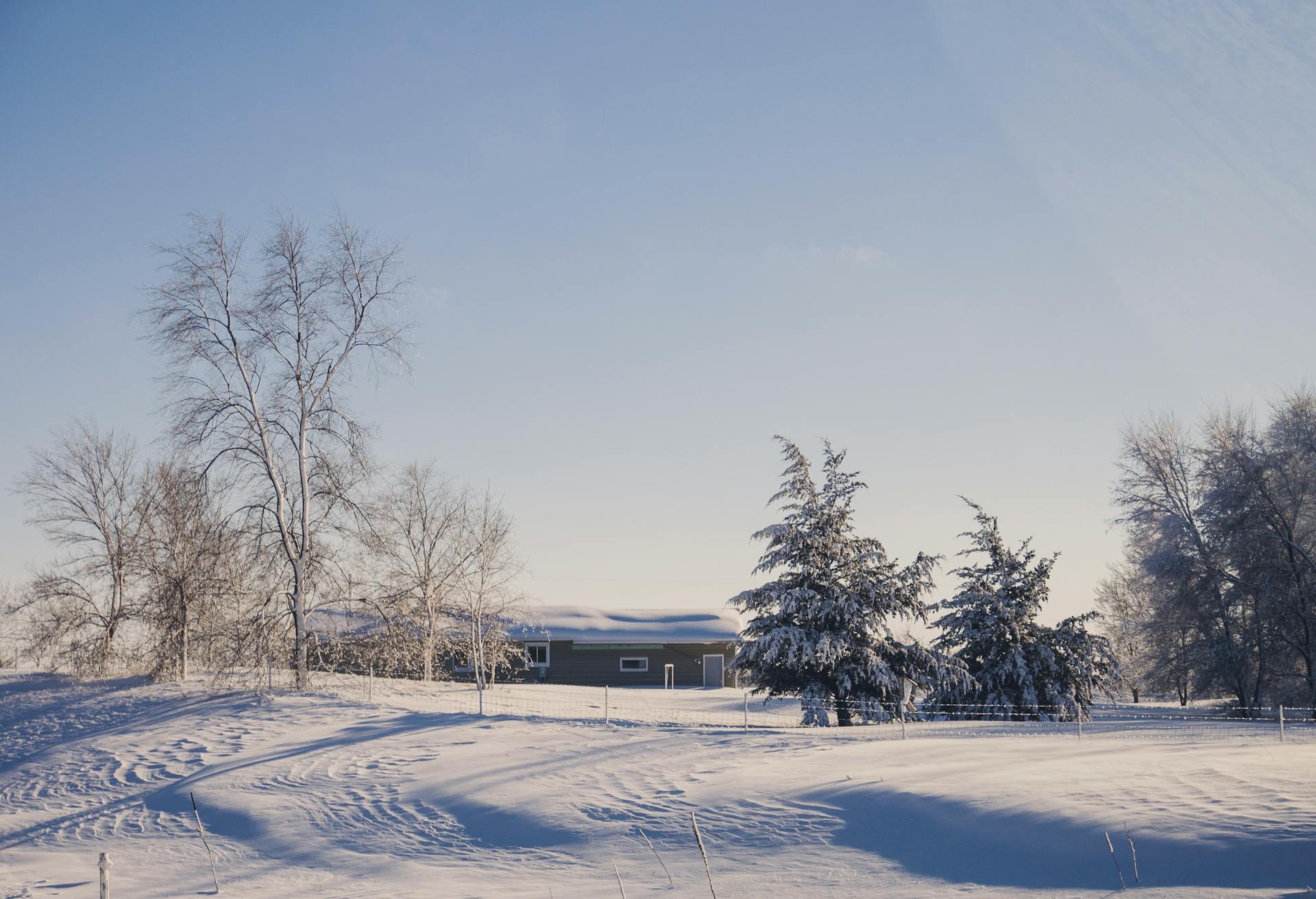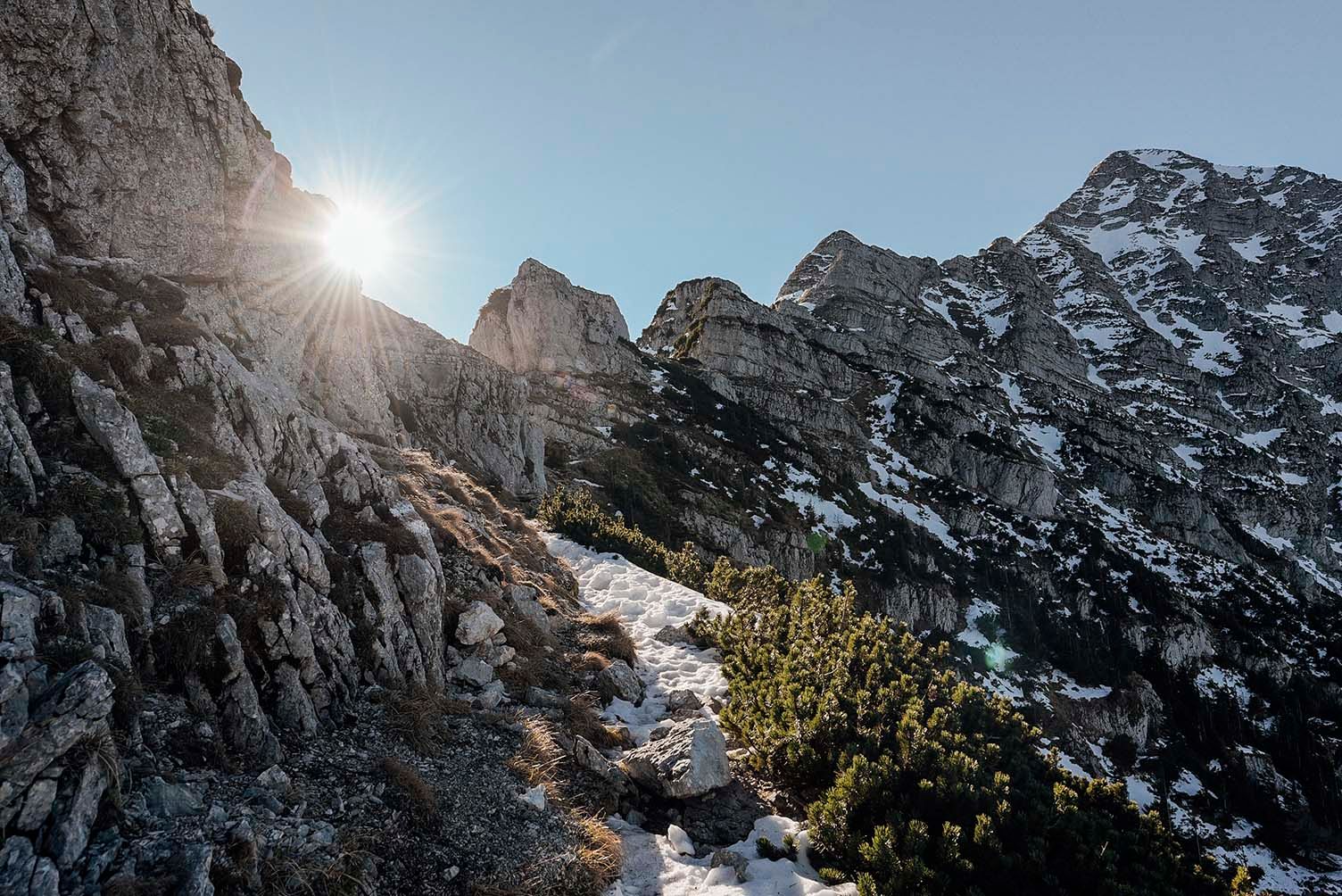Types of residence in Andorra: active, passive and tax residency
Practical overview of Andorra’s residence types in 2025: differences, requirements, tax advantages and key advice to choose between active, passive or tax residency with legal certainty.

Reading time: 6 minutes
What you should know before choosing your type of residence
Andorra offers different types of residency designed for distinct professional and financial profiles. Understanding the differences between active, passive and tax residency is essential before beginning any process.
This article provides a practical summary of each residency category, outlining their requirements, advantages and suitability in 2025, with examples and advice to plan your move safely and efficiently.
🔹 Active residency: for those who work or run their business
Active residency is aimed at professionals who carry out an economic activity in Andorra, either as self-employed individuals or as managers of their own company.
Requirements:
- Hold at least 35% of the capital of an Andorran company.
➤ If you’re considering setting up a company to apply for active residence, we recommend reading Incorporating a company in Andorra: steps, requirements and advantages.
- Perform management or administrative duties.
- To reside effectively and continuously in the country.
- Maintain a permanent address in Andorra.
- In some cases, make a deposit of €50,000.
Advantages: Allows obtaining tax residency, enjoying a stable business environment and benefiting from a maximum income tax rate of 10%.
➤ For specific information about self-employment residence, see the article Self-employment residence in Andorra.
🔹 Passive residency: for those who do not work in Andorra
Passive (or non-lucrative) residency targets individuals with sufficient wealth or income who wish to live in Andorra without professional activity.
Main requirements:
- Minimum investment of €600,000 in Andorran assets (real estate or financial instruments).
- Deposit of €47,500 with the Financial Authority (+€11,500 per dependent).
- Health insurance and a minimum effective stay of 90 days per year.
Advantages:
- No need to work in Andorra.
- Reduced taxation and long-term stability.
- Possibility to qualify for tax residency if economic interests are centred in the country.
👉 Before applying, make sure you understand how the mandatory deposit with the Financial Authority works. See The deposit for residence in Andorra.
➤ For specific information about passive residence, see the article Passive residence in Andorra.
🔹Tax residency: the goal of most applicants
Tax residency determines where income is taxed and is based on three criteria:
- Staying more than 183 days a year in Andorra.
- Having the main centre of economic interests in the country.
- The family’s habitual residence in Andorra.
Meeting these conditions allows taxation in Andorra with a maximum income tax rate of 10%, and no wealth, inheritance or gift taxes.
➤ To understand the process of obtaining tax residency and how residents are taxed, read Tax residency in Andorra: requirements and advantages.

Which type of residency suits me best?
The choice depends on each person’s profile:
- Entrepreneurs or managers → active residency.
- Retirees or investors seeking stability → passive residency.
- Those aiming for global tax optimisation → tax residency.
Before deciding, it is advisable to assess your personal situation, country of origin and applicable double taxation treaties.
➤ To help you decide which option best suits your situation, we recommend reading Types of residence in Andorra: all administrative categories.
Likewise, If you plan to move to Andorra for work, investment or retirement, you can also find further details in our article Living and working in Andorra.
🔹Practical advice before applying
- Plan your relocation in advance.
- Review your fiscal links with your country of origin.
- Ensure consistency between declared and actual residence.
- Seek expert legal and tax advice.
👉 To avoid common mistakes, review the consistency between your declared and actual residence. Learn more in Tax ties with the country of origin
Conclusion
Andorra has become one of the safest and most competitive jurisdictions to establish residence.
Choosing correctly between active, passive or tax residency can make the difference between a smooth relocation and a complex tax situation.
With proper planning, it is possible to live and pay taxes in Andorra legally, efficiently and sustainably.
Other recommended readings
For a more comprehensive understanding of Andorra, we recommend reading the articles Taxation in Andorra: structure, rates and real advantages, which explains the Andorran tax system and its benefits for entrepreneurs and residents;Double taxation treaties and their practical application, which analyses how Andorra avoids international double taxation and its effects on residents and companies; and Andorra’s international evolution: from tradition to global integration, which describes how the country has transformed from a closed economy into a recognised and competitive international centre.
📞 Do you need help to make the right decision?
Choosing the right type of residence is a key step for your future in Andorra.
If you’d like to assess which option best suits your profile and plan your relocation safely, you can book a personalised meeting or reach out via the contact form.
Last review date: January 2026

Technical Author: Albert Contel



